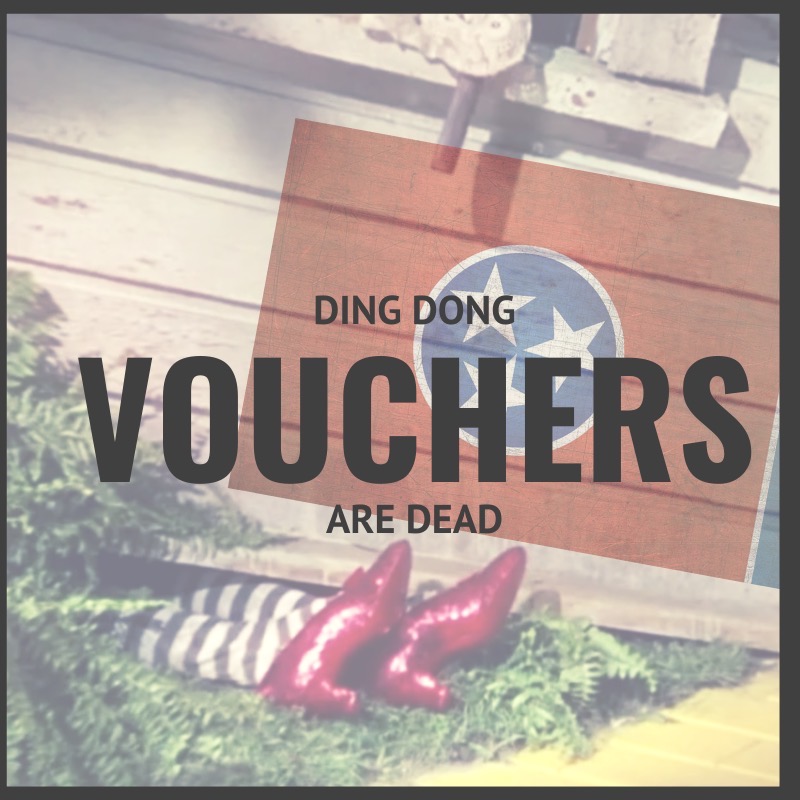Following an announcement from Gov. Bill Lee today that this year’s state testing will not be used in so-called accountability measures related to teachers and schools in light of the ongoing COVID-19 pandemic, the Tennessee Education Association renewed its call to cancel the TNReady test altogether.
Here’s more from a press release:
“The governor’s statement is a good first step on how to support educators who are already doing everything they can during a pandemic,” said TEA President Beth Brown. “There are additional important steps the administration can take quickly to further reduce the burden on teachers and administrators.”
TEA calls for extending hold-harmless to include suspension of other areas of the evaluation system that take up enormous time and are not aligned to teaching in a pandemic, such as observations and portfolios for non-tested grades.
“It’s not just standardized testing. Our evaluation system is simply not designed to assess teaching during a pandemic,” Brown said. “Many educators are teaching both virtually and in person. We constantly adjust to disruptions caused by infections or quarantines. We teach while doing everything we can to minimize transmission and take time to attend to the emotional needs of students dealing with the pandemic. None of these issues are even remotely included in models the state requires schools use to evaluate teachers.”
The administration could save teachers countless hours by letting school systems know that observations, portfolios, and other evaluation requirements may be suspended, letting teachers devote that time instead to the hard work required for both in-person and online instruction. It would be a tremendous signal of support to Tennessee’s teachers.
As has been the case for months, TEA also disagrees with the administration on the need to administer state standardized testing during the pandemic and calls for the suspension of TNReady.
“Administering state tests takes weeks and disrupts instruction,” Brown said. “Our students are already dealing with so many distractions and challenges that we simply cannot afford to lose additional instructional time. Our goal must be to get students back on track, not collect testing data that everyone knows will be so flawed it will be useless.”
TEA understands assessing students is important and is being done on a continual basis by educators.
“We don’t need to have state standardized tests to know where students are academically,” Brown said. “We have ongoing state-approved benchmark assessments in addition to the tests and exams teachers administer themselves throughout the school year. If you want to know where students are academically, just look at our gradebooks.”

For more on education politics and policy in Tennessee, follow @TNEdReport
Your support – $5 or more – makes publishing education news possible.








